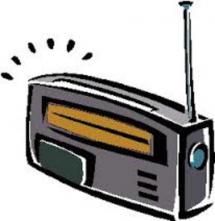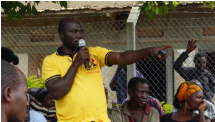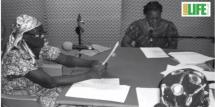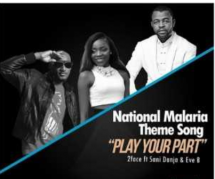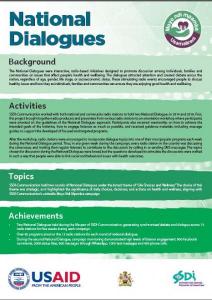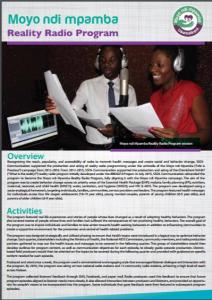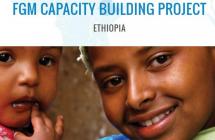Health Communication Component, Pakistan – Soap Operas and Films
This page provides a series of soap operas and films produced as part of the Pakistan Health Communication Component project, 2014-2018.
Included are:
- Mujhay Jeenay Dou – A 22 episode drama serial “Mujhay Jeenay Dou” co produced by Center with Angelic Films is on the multiple social ills of our society primarily focusing on the issue of child marriage. It’s a story of Saira and her challenging life journey from an eight-year-old child to an adult in an environment dominated by taboos and social barriers.
- Sammi – full-length film based on the art and strategy of entertainment-education highlighting the issues of women empowerment, maternal health, son preference, girls’ education and patriarchy existing in our society.
- Angoori – 14 episode TV program addressing the vast unmet need for family planning in Pakistan
- Bol – produced under the PAIMAN project in Pakistan, and aimed at policy makers, the film is about gender equity, family planning and maternal health
- Paiman – 13-episode drama series originally aired on Pakistan Television (PTV-Home) in 2008 under the USAID-funded Pakistan Initiative for Mothers and Newborns. Each episode of the drama series is based on real-life issues of mothers and newborns in Pakistan derived from primary research
Source: USAID, Johns Hopkins Center for Communication Programs
Date of Publication: July 15, 2021
SIMILIAR RESOURCES
Tools
Examples
- Entertainment-Education Curriculum
- Noora Health COVID-19 Resources
- FGM Infographics
- Training Toolkit on MSM Programming for the MENA Region
- Soap Operas for Social Change to Prevent HIV/AIDS [Guide]
- Films about Coronavirus
- Technical Brief: Handwashing with Soap: A Key Part of the COVID-19 Response
- Human-Centered Design - TED Talk by David Kelley
- COVID-Ready Communication Playbook for Health Professionals
- Helping Health Workers Learn


